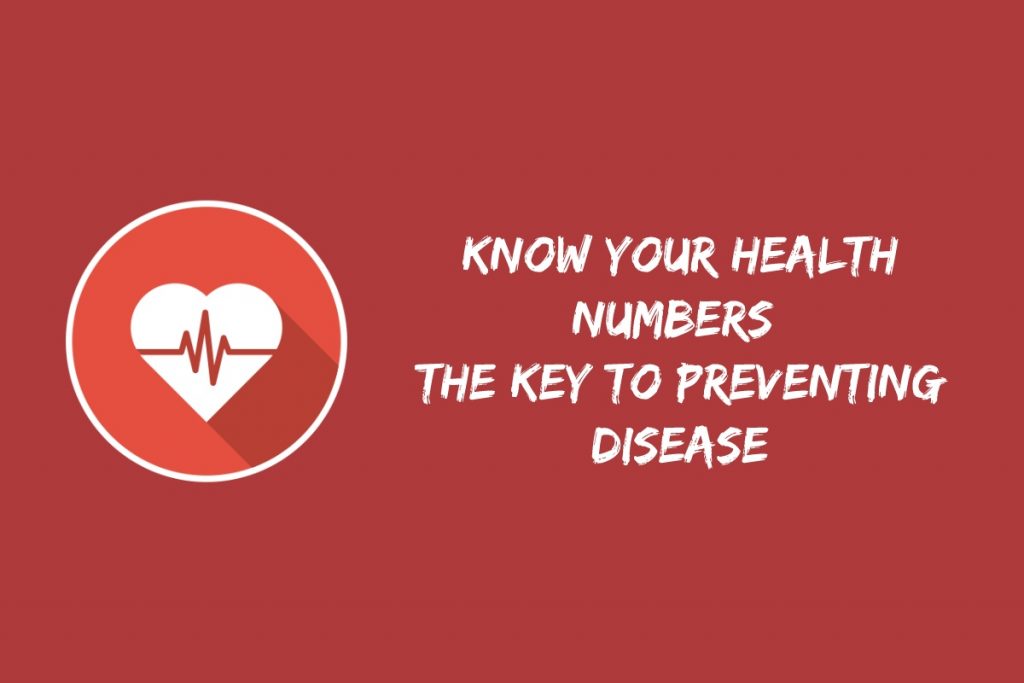The pandemic has highlighted the importance of being healthy. We have seen how those with certain conditions or comorbidities are more susceptible to more serious manifestations of COVID-19. And this is true for a lot of other diseases. Being generally healthy gives you more chances to fend off diseases.
When it comes to health, there are actually a couple of key numbers that you can look into. You can work with your doctor by going to the nearest hospital or undergoing virtual consultations such as online check up Cebu hospitals offer and get laboratory requests to obtain these numbers. These numbers are reliable indicators of your health, and something you and your doctor can work on in case they are not very desirable.
Some of the key health numbers that you should be aware of are the following:
-
Table of Contents
Blood Pressure
Blood pressure is a measurement of the pressure or resistance in your arteries as your blood flows. When getting your blood pressure checked, there will be two numbers: the systolic pressure (the top number), and the diastolic pressure (the bottom number). Systolic pressure refers to the pressure in your arteries as your heart beats, while the bottom number is that in-between beats.
Ideal blood pressure is 120/80 mm Hg or less. If yours is higher, this would mean that your heart would need to work harder since there is higher pressure. If this happens for a longer period of time, your heart would either weaken or enlarge.
High blood pressure can also be a sign that there is a narrowing of arteries due to the buildup of cholesterol in your blood vessels.
-
Blood cholesterol
It is normal for us to get cholesterol from the food we eat. Different types of cholesterol find their way into our bloodstream. Too much cholesterol, however, can lead to buildup in your blood vessels, which may end up limiting the flow of blood. If such buildup happens in the brain, it can lead to a stroke.
Total blood cholesterol should ideally be lower than 200 mg/dL. There are also other types of cholesterol that need to be considered. Low-density lipoprotein or LDL (bad cholesterol) should be less than 100 mg/dL, while high-density lipoprotein or HDL (good cholesterol) should be greater than 60 mg/dL. Triglycerides, which come from extra calories you take, should be less than 150 mg/DL.
You can help improve your cholesterol levels by eating the right type of food, taking in the good type of cholesterol so have more olive oil, fatty fish, nuts, flaxseeds and chia seeds, avocado, soy, and as well as whole grains and high-fiber fruits.
-
Blood sugar
When the body breaks down the food you eat, they end up as glucose transporting to different parts of the body through the bloodstream. The amount of sugar in your blood, however, when tested through a fasting blood glucose test should be at most 100 mg/dL. Higher figures would indicate an increased likelihood of diabetes, a condition where your body is unable to produce or use insulin, the hormone from our pancreas that is responsible for helping to transform glucose into the energy that your body can use, leading to sugar just staying in your blood, and your body unable to receive and use them in the manner that healthy individuals can.
-
Body Mass Index
Finally, we have a body mass index or BMI. This refers to the ratio of your weight to your height. There are actually variations in the ideal BMI depending on your gender and age, but typically, a BMI of 18.5 to 24.9 is the target. BMI is also usually measured together with waistline for certain cases where the BMI is high but the patient is actually physically fit, as in the case of bodybuilders where their body mass is influenced by their muscle mass.
The good thing about these health numbers is that there are ways that you can improve them on your own. By having a healthy diet, and exercising, you will definitely see improvement in these numbers. Also check with your doctor regularly so that he or she can recommend medications or other interventions that can help you achieve better figures for these indicators so you can be truly healthy, allowing you to prevent diseases better.
